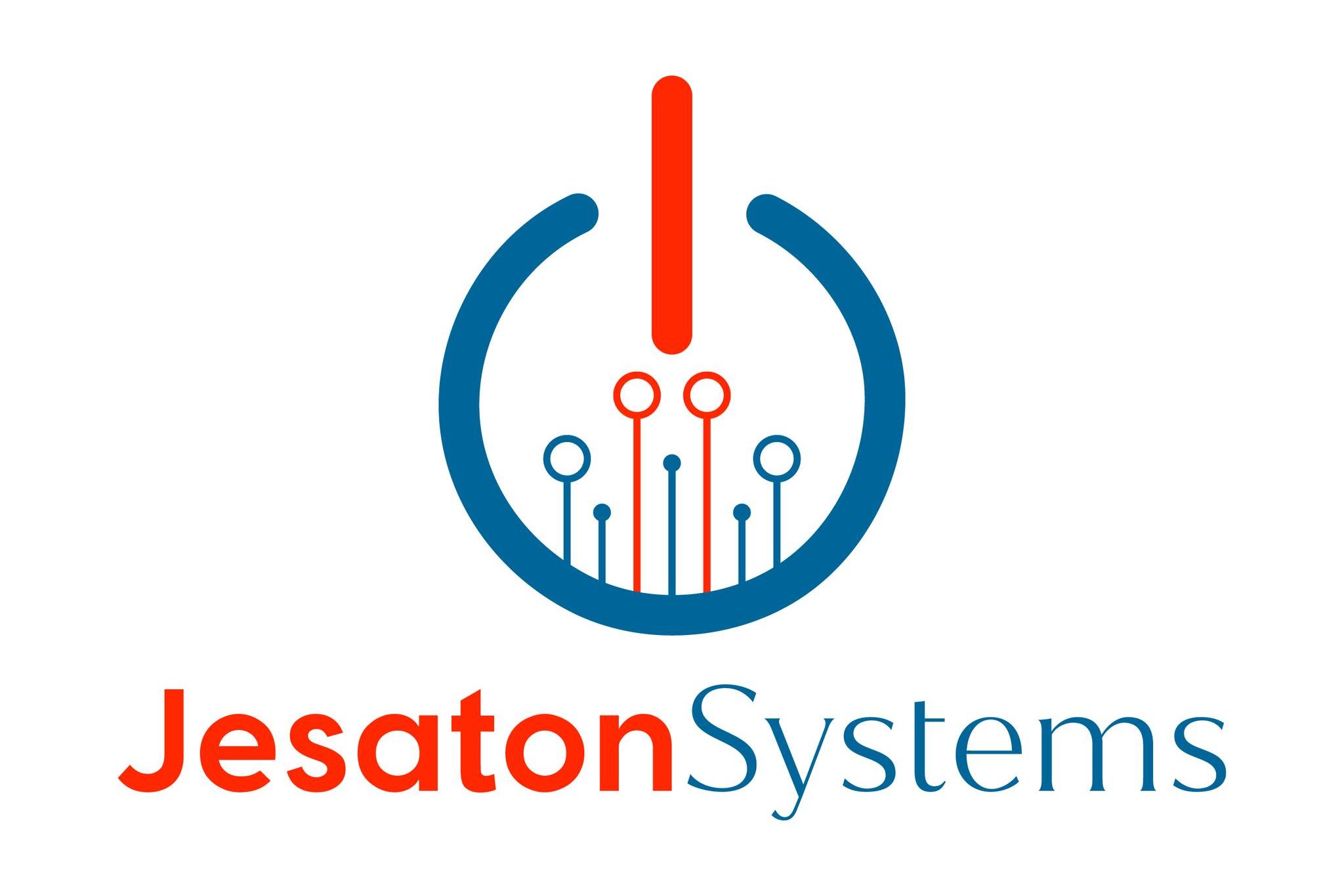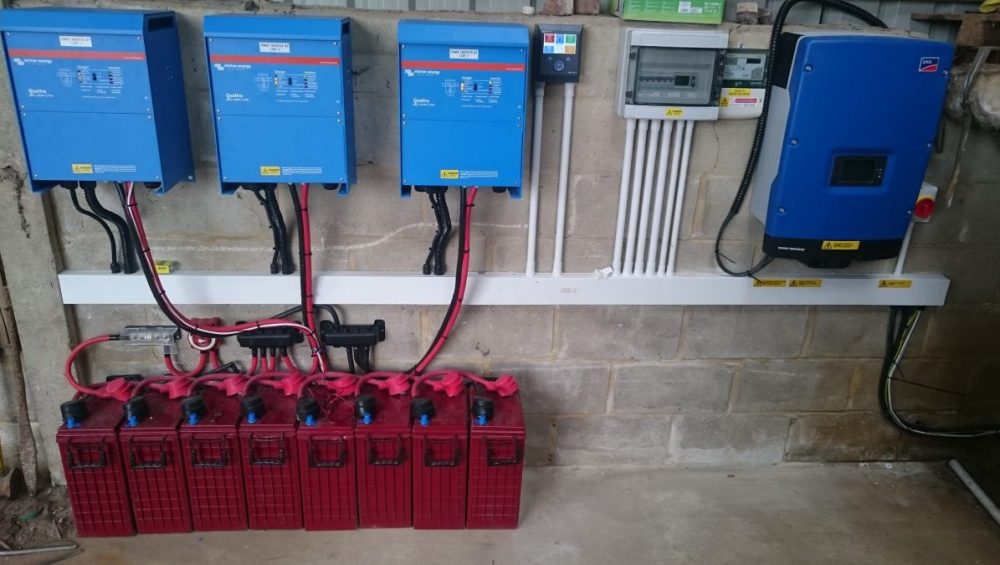If you’ve been looking into having a solar power system in Kenya , chances are good that you’ve also thought about a battery – or at least come across an ad or two for energy storage. The combination of solar and battery together allows you to maximize the use of the solar power you generate even when the sun isn’t shining above. The story gets even more compelling when you look at the financial benefits of having a solid solar battery backup in Kenya.
Storing your unused solar energy for use at night or when the grid goes down further reduces your need to purchase expensive and often unreliable utility power. In short, this combination brings you one significant step closer to true energy independence.
Those interested in batteries are typically most curious about which appliances can be supported with a battery addition and how many batteries they’ll need to meet their specific goals. Knowing which battery to buy and how many is not always black and white since energy demands vary widely between users and devices
Every battery type comes with some advantages and disadvantages. This is why it is important to take into account six important factors when choosing a solar battery for your commercial premises or residential house.
Battery Size/kWh
The first thing to know about the battery size is that it is measured in kilowatt-hours (kWh). As mentioned earlier, the kWh in a battery bank is used at night or in lowlight conditions when the solar production is not enough to power your appliances.
All batteries come in different sizes based on preferences. As an example, smaller batteries can be 2kWh sizing up to 20kWh or even more.
To make it more clear with a comparison, if you are consuming around 0,75-1 kW energy an hour, 10kWh battery would last around 10-12 hours and a 13 kWh battery will last 13-16 hours.
Energy Capacity/kW
Unlike battery size which is measured in kWh, the energy capacity of solar batteries is measured in kilowatt-hours (kW).
To avoid any confusion beforehand:
- kWh refers to the total amount of energy used.
- kW refers to the rate of electricity usage.
A battery’s power rating tells you both how many appliances your battery can power at once and which appliances those are.
Keep in mind that most of the batteries available on the market today have a continuous power output of around 5 kW.
Round-trip Efficiency
Round-trip efficiency is the percentage of electricity put into storage that is used later.
In short, there are two scenarios when you are likely to lose some kWh of electricity:
- When you invert some kWh of electricity from direct current (DC) electricity to alternating current (AC) electricity;
- When you store electricity in your battery and use it again.
The higher the roundtrip efficiency, the less energy is lost in the storage process. Typically it is about 80%.
Depth of Discharge
You are using a solar battery to store surplus solar energy, but what about the amount you can actually use out of that?
Depth of discharge (DoD) is one of the most important factors when making a decision about which solar battery to go with. It refers to the amount of the energy you can use out of your solar storage system.
As an example, let’s say you have a battery of 8kWh with a DoD of 80%. That means you can use a maximum of 6.4 kWh.
Battery Lifetime
Battery lifetime is measured with three different metrics:
- Expected years of operation
- Expected throughput
- Expected cycles.
Battery life is defined in years, while a battery’s expected throughput and cycles are like a car’s mileage warranty.
Solar batteries have a super high lifecycle. This means that they don’t require frequent maintenance or replacement. Good news is, after charging and discharging solar batteries thousands of times, they still remain highly functional.
Safety
Last but not least, safety comes first.
Solar batteries are considered quite safe in general. However, all solar batteries have to meet certain safety requirements in order to be certified for installation in homes and businesses.
For this reason, make sure the solar battery you are planning to buy meets all these requirements.






